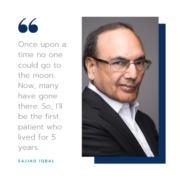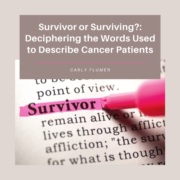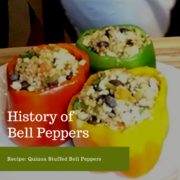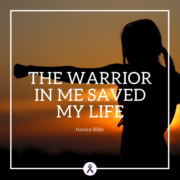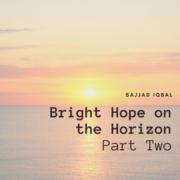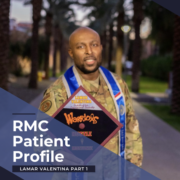Voice of America: Dr. Sajjad Iqbal
Voice of America: Dr. Sajjad Iqbal from Patient Empowerment Network on Vimeo.
Featured on Voice of America’s South Asia, Sajjad Iqbal, recounts how he relentlessly fought and advocated for his health and how he takes what he learned to help other cancer patients.
Transcript:
Speaker 1:
In 2002, with the diagnosis of an extraordinary form of parotid cancer in Dr. Sajjad Iqbal, doctors announced further bad news that his survival chance for next 2 years was just 30 percent. Such patients cannot even survive for the next 5 years.
Dr. Sajjad Iqbal:
If nobody survived for 5 years, why is it such a bad thing? Once upon a time no one could go to the moon. Now, many have gone there. So, I’ll be the first patient who lived for 5 years.
Speaker 1:
Instead of surrendering to cancer, he expanded his scope of study and started to explore new research on similar cancers, like breast cancer, ductal carcinoma, all cancers of head and neck and prostate cancer. His cancer had HER2+ features. A new medicine was being given to HER2+ breast cancer patients. Doctors did not agree to give that particular medicine to Dr. Sajjad Iqbal as there were no studies showing its usefulness in his type of cancer`. However, he not only convinced doctors with his logical wisdom but persuaded them to conduct new research by pointing out flaws in existing research.
Dr. Sajjad Iqbal:
After seven years, another study was published that included just my type of cancer. They said that 60 percent of patients got better from this medicine.
Speaker 1:
In 2009, when his cancer recurred in lungs, then he wanted to have Endoscopic thoracic surgery. But doctors would not agree to do it. Finally, he found his desired doctor at Cancer Hospital New Jersey who agreed to do Dr Sajjad’s Endoscopic surgery keeping in mind that he knew more about his disease than others.
Dr. Sajjad Iqbal:
The cancer has never come back in the lungs. If the cancer stirs even slightly, we make treatment changes immediately. You can say that we have imprisoned the cancer.
Speaker 1:
There is a saying that hope is essential for fighting cancer. You have to be your own best advocate.
Pat:
How are you?
Speaker 1:
When Pat was diagnosed with cancer, she had been working in Dr. Sajjad’s clinic for 20 years. She considers it her good fortune that Dr. Sajjad was with her.
Pat:
He said to me that I want you to learn about your cancer, read about it yourself, and then we would talk about it. And he was with me at each step. He even went with my husband and me to see the Doctor in Sloan Kettering. And then again guided us as to which doctor is better, who should I see. To check a doctor’s background, skill and qualification, for all that I depend on him.
Speaker 1:
And when Pat’s husband was diagnosed with Prostate cancer and her daughter also had cancer, Dr Sajjad was there to guide. He directly helps many other cancer patients like Pat, in many different parts of the world, through Patient Empowerment Network. It is a free website where people, suffering from cancer, can get cancer related services and information.
Fauzia Iqbal:
Sajjad sings to her in Punjabi.
Speaker 1:
Dr. Sajjad considers family support important along with treatment.
Fauzia Iqbal:
Sajjad goes for chemotherapy alone and he is never afraid of taking bold steps like if he has to undergo some surgery. If you have such a personality, it becomes easier to deal with, and as far as family is concerned, everyone loves him & takes care of him.
Speaker 1:
Dr. Sajjad became part of the news when a patient from New Zealand who he had helped, came to see him by travelling 9,000 miles distance. She had been given six months to survive by her doctors. Under the guidance of Dr. Sajjad, now she is cancer free. Dr. Sajjad is living an enriched life with his three children and their children. He continues to fight the battle against his own cancer. He has recorded that story in his book Swimming Upstream. This book gives hope and a different perspective to many who are struggling through difficult times. (Saba Shah Khan, Voice of America, Ridgewood, New Jersey).

